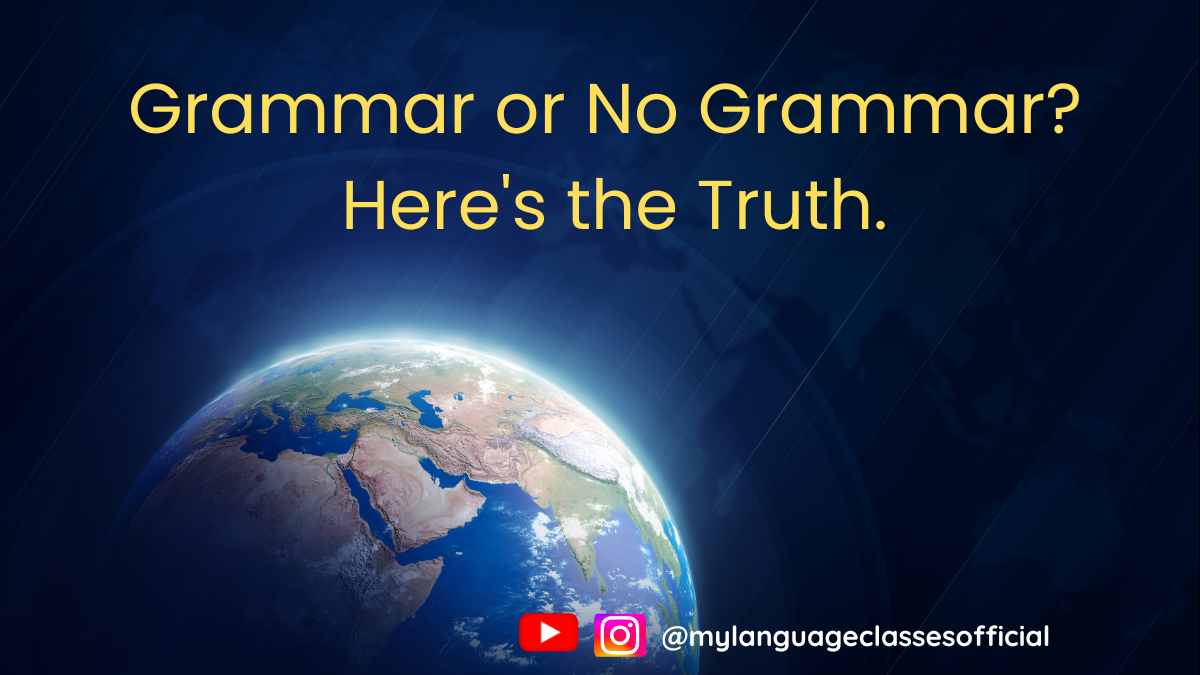Your cart is currently empty!
Tag: grammar for fluency

Can You Learn a Language Without Grammar
Can You Learn a Language Without Studying Grammar? (The Truth Every Language Learner Must Know)
Have you ever wondered, “Can I really learn a language without studying grammar?”
You’re not alone. This is one of the most common debates in … Read more

